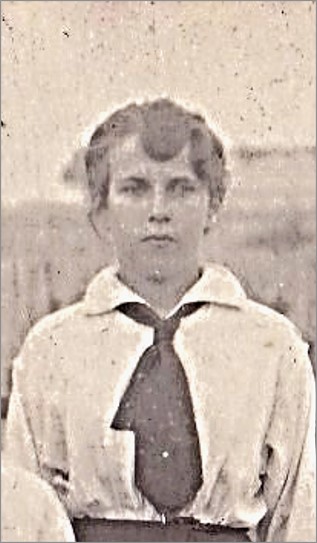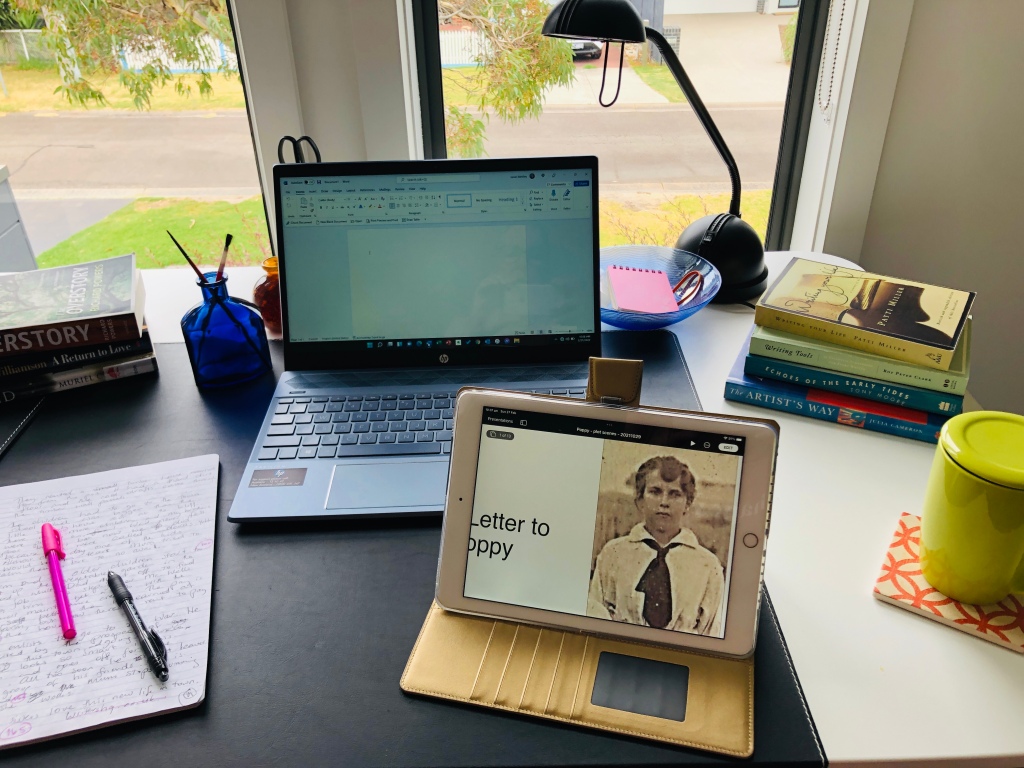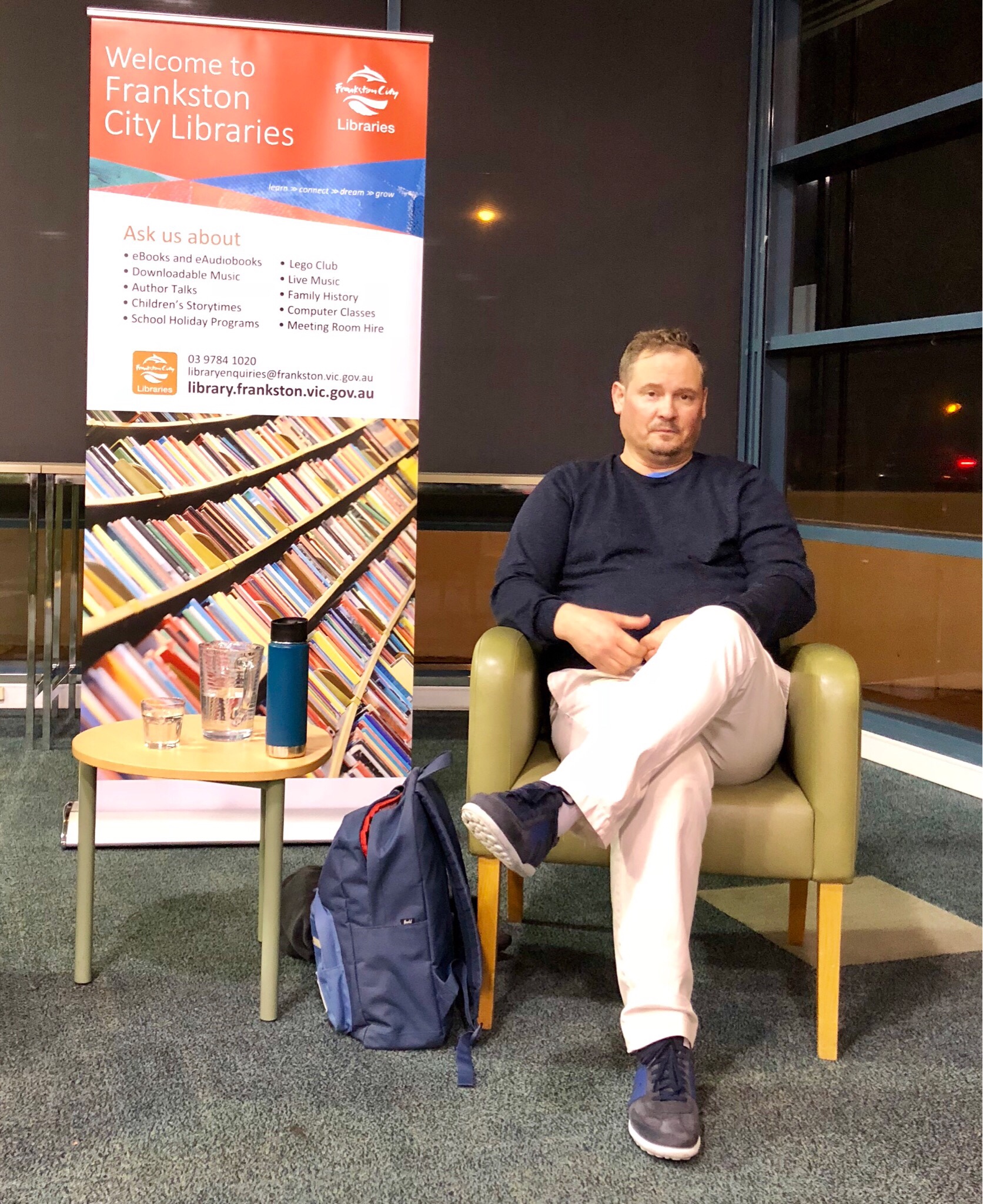Reading fiction is not my preference. I prefer true stories; epic adventures; personal quests; travel, and description of place. Fiction has to grab me in the first ten pages; otherwise I become bored and abandon the book. After all, life is too short and there are too many books to read.
For me, a good fiction story is a page-turner that makes me keen to know what happens next. I hate reverse chronology. Often I find a story has hooked me in the first chapter, and then the following chapter takes me back to some point in the past. And that’s where I usually abandon the book.
I like a good story, told from the beginning to end with some unobvious point of focus that gradually unfolds to a satisfactory close. It is disappointing to say, “ I liked the story, but I didn’t like the ending.” I loathe nihilistic tales of woe with hopeless and detestable characters that seems to be a current popular theme.
But is reading fiction a waste of time, as some people suggest? After all it is just someone’s imaginary tale. And why bother when our world is full of amazing and interesting real people, lives, places and situations?
Research provides interesting reasons that support reading fiction as a valuable activity. Not only does this pursuit provide insight into situations and ideas outside of our everyday life, but there is evidence to suggest that it has positive effects on our brains by making new neurological connections that remain activated long after the reading activity is over. This heightened activity called a ‘shadow activity’, similar to muscle memory, by scientists working on the Emory study.
We reiterate the idea that there are only seven basic plots:
- Overcoming the monster.
- Rags to riches.
- The quest.
- Voyage and return.
- Comedy.
- Tragedy.
- Rebirth
Typically though our bookstores and libraries arrange fiction into genres of:
- Romance
- Relationship
- Humour
- Horror
- Mystery
- Thriller
- Adventure
- Historical
- Classic
- Western
- Chick Lit
- Paranormal romance
- General
- And others.
My fiction reading sometimes follows a typical pattern of author trails. I discover an author I like, then I am keen to read more by that person; until I am satiated with their voice, style, and ideas. Elizabeth Gilbert and Joanne Harris are two authors I enjoy reading. I loved The Signature of All Things by Elizabeth Gilbert. It is stunning with its unique story and intelligent prose. I like to follow a trail of reading that is unique to my interests at that time.
Many librarians use website tools such as Fantastic Fiction, Literature Map, LibraryThing, GoodReads, and others to find the next great read for ourselves and our customers.
But there is more to be said and understood about the activity of reading fiction and how it impacts and influences our community and society. Librarians get a very real sense of this phenomenon when working with library users. Some book titles seem to grab hold of the attention of the populace and there is a groundswell of interest that seems to defy understanding. The Slap by Christos Tsolkias is an example that comes to mind. It was an uncomfortable book to read. Not everyone liked it. One incident provides the focus for a masterful portrayal of multi-cultural suburban Melbourne in current times. The slap itself – right or wrong – receives attention and opinions from different generations and cultures, and ultimately judged in politically correct times. This resonates with a culture where this experience is known, shared, and debated. We all have an opinion and all are valid.
“Texts affect readers on many levels – emotional, ethical, intellectual, sensual, spiritual. Consequently, two readers can respond very differently to the same text.” ~ Robert Beardwood
But this book had its time and that groundswell of attention is past. Did we learn anything? How has the experience of reading this book of fiction influenced our society? You will still find this title in the bookstores, libraries, and on Book Club lists, but it has been read, discussed, made into a TV series. Why have we gone past that particular book when there would still be many people who haven’t read it? We could apply the analysis of this phenomenon to many new and popular fiction titles. It would be an interesting study.
Fiction of this type leads our collective conscience. We read, we think, we learn, we discuss, we grow, we evolve. I think that this is key to the function and popularity of Book Clubs in our communities. But we know that.
Now relieved of my requirement to read bureaucratic reports and academic articles, I have been trying to catch up with some fiction reading. I have just read Gone Girl by Gillian Flynn and The Best of Me by Nicholas Sparks. And now, like so many others at present, I am immersed in the book The Goldfinch by Donna Tartt, and I am thoroughly enjoying the voice, the story, the situation, and the intelligence.





![IMG_1386[1943]](https://suesbent.com/wp-content/uploads/2019/12/img_13861943.jpg)



